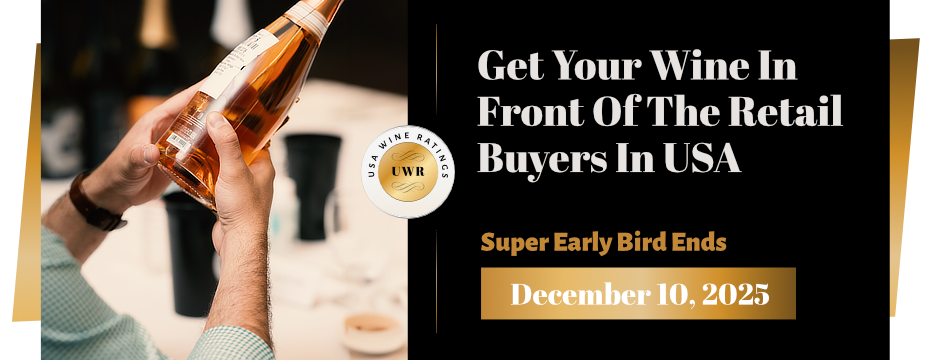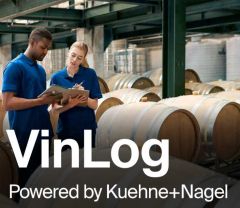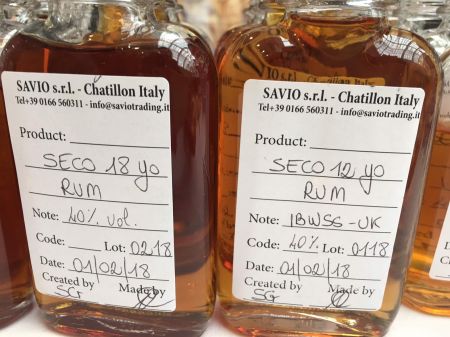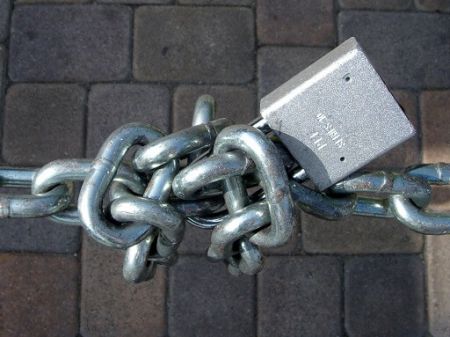Sommeliers Choice Awards 2025 Winners
The Vineyardless Vintner: The Benefits of Owning a Virtual Winery
There is the scenic route and then there is the freeway. Each person rolls their own way, so it's best for you to figure out the path you would like to take. If you decide to take on the role of the Vineyardless Vintner, here's what you need to know.

Starting a winery from scratch isn’t an easy task. Rather, it’s a time-consuming and expensive process that requires patience and a large bank account to fund the effort. Wannabe winemakers need to purchase land on which to grow their grapes, as well as equipment to process them.
After they’ve dreamed up a product and started manufacturing it, the next hurdle is time: they can’t sell a single bottle until the wine has had time to age.
This is why many entrepreneurs have decided to skip all of the above and open a virtual winery. With no vineyards to operate, they’re able to focus on what really matters – marketing and selling an amazing product.
Owning a virtual winery allows entrepreneurs to experience all of the romance of customizing a brand-new wine without having to purchase the real estate. There’s no need to own land and no need to purchase and maintain equipment. Another benefit to owning a virtual winery is it jumpstarts the manufacturing process; there is no years-long wait to age and finally, sell the product.
Winemaking without the Real Estate

How does the process work? Many established wineries have crush facilities where they create custom blends for clients who want to make wine, but who don’t have a vineyard. These wineries work with customers to choose grapes and establish the desired flavor profile for the product. Many of them will also bottle and label the finished wine. The only thing that’s left is to put it in the hands (and glasses) of customers.
Is location a factor? Does a would-be virtual winemaker need to live near a vineyard in order to work with them to create a product? Absolutely not! Although many Americans tend to think of winemaking as a California/West Coast venture, there are actually vineyards in 40 different states. In addition to this, there are thousands of wineries throughout the country.
Owning a virtual winery means that entrepreneurs can get incredibly involved in the winemaking process or not. Some owners like to actually drive or fly out to the vineyard and select the Grenache or Cabernet grapes that will go into their product, or even take part in the harvest. For others, the entire transaction gets handled over the phone, and their product is bottled, labeled, and shipped without them ever setting foot on the vineyard.
Setting up the Business
As with starting any business, creating a virtual winery isn’t as simple having someone bottle your Petit Syrah so that you can make millions selling it. It begins with homework: market research to determine what kind of wine will sell best and who the target demographic should be for the product.
Another aspect that budding beverage entrepreneurs often forget? Getting a trademark on any new product. There’s nothing worse than having committed to labeling and marketing materials with a particular name or logo, only to have to go back and change it all after learning that someone else has already secured that trademark. Wine startups need to do this early on to avoid delays, costs, and hassles later.
It’s also a good idea for a fledgling winery to ensure it has the cash to get through the initial stages of production. Even though opening a virtual winery does save money on staff (as it eliminates the need to hire in-house production manpower), brand owners will still need to front the cash necessary for the custom crush facility to create the wine. Most facilities require customers to purchase a minimum amount of cases, with 1,000 being typical for the low end.
Laws and licensing requirements pose another potential hurdle. Potential wine entrepreneurs will need to check with their state and local governments to ensure that they’re keeping well within the limits of the law when it comes to selling and shipping their product. Another consideration is the federal government – the Alcohol and Tobacco Tax and Trade Bureau (TTB) has its own requirements for permitting, licensing, and record-keeping.
Virtual Wineries Allow You to Focus on Selling

When a winemaker is freed from the actual process of producing the wine, it gives them the ability to focus on building their brand and putting it in front of customers. Marketing really matters when it comes to wine products.
That marketing starts with creating an eye-catching label. Apart from wine type and price point, labeling is one of the major factors on which wine consumers choose new products. In a study conducted by Real Simple, participants remembered 94% of the bottles that had graphics on their labels. Of the ones that had traditional, text-only labels, participants could only remember 68% of the wine brands they had seen.
In addition to competing with other wineries around the country, startups will face competition from imported wine products, as well. Any new product entering the arena must be something unique with a special story behind it in order to be successful and connect with consumers.
In addition to an attention-grabbing label that will help sell the bottle as it sits on store shelves and an interesting name that makes the brand jump off the page in restaurant menus, developing a loyal customer following is about demoing the product and letting new customers taste it. Because owning a virtual winery cuts down on the time and attention normally devoted to production, that time can be spent in stores and wine shops, meeting customers and telling the brand’s story.
Perfect for the Part-Time Vintner
Another one of the freeing aspects of owning a virtual winery is that it works well for people who don’t plan to go full-time into the wine business. Many virtual vintners are restaurant owners who would like to bottle and sell their own custom blends to their customers. Many liquor stores also sell personalized wines. Because people love the idea of buying local, they’ll be pleased to find a wine that’s “made” by their favorite restaurant or local liquor store chain.
Virtual wineries are a business concept for everyone. It works for those with years of wine expertise and knowledge, as well as wine newbies who would like to break into the industry. It’s the perfect business model for a full-time commitment to a new brand or as an accent to an already-existing wine or liquor business. Having a virtual winery offers all of the satisfaction of creating a custom wine product with much less risk and frustration.


























